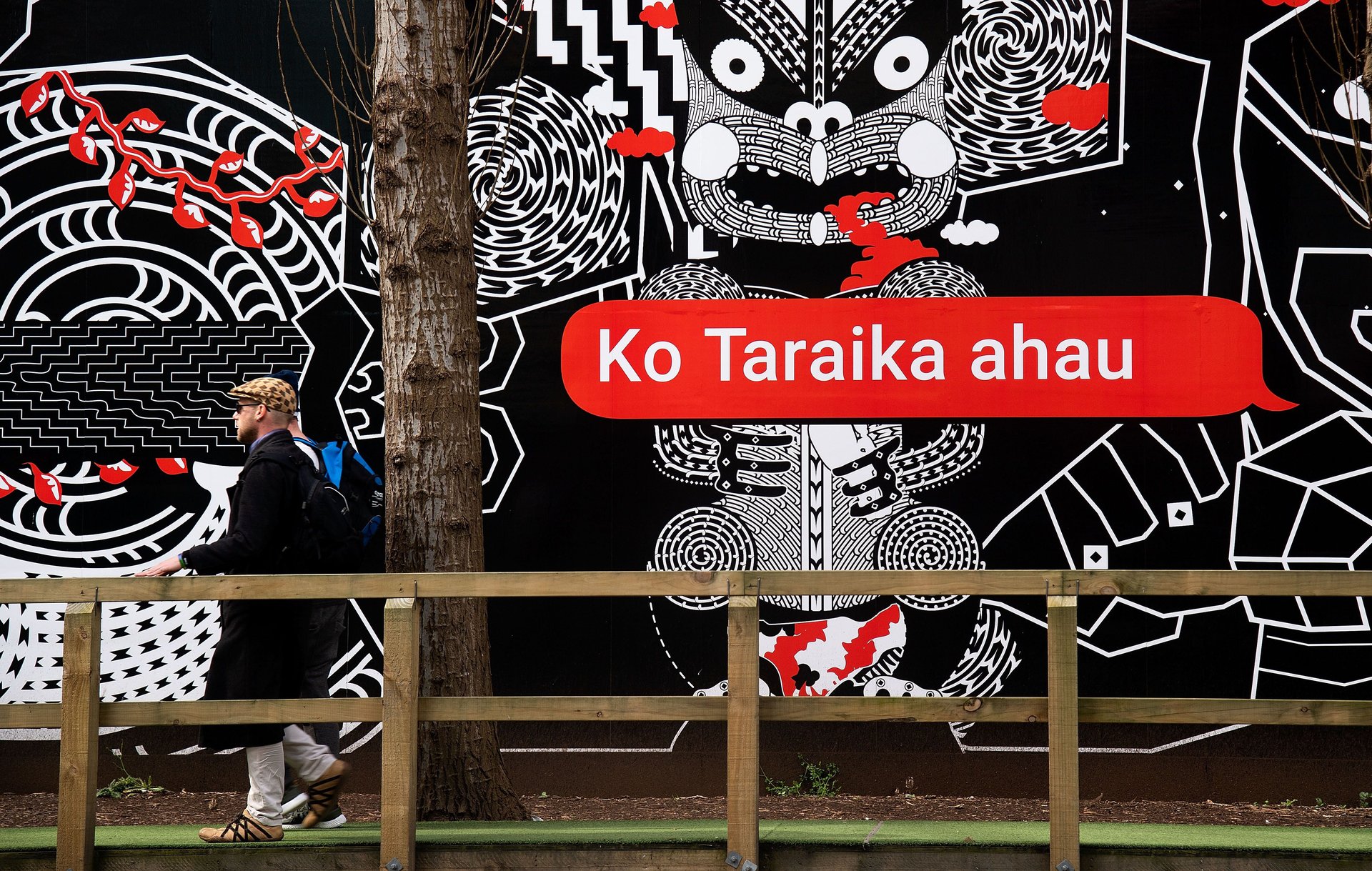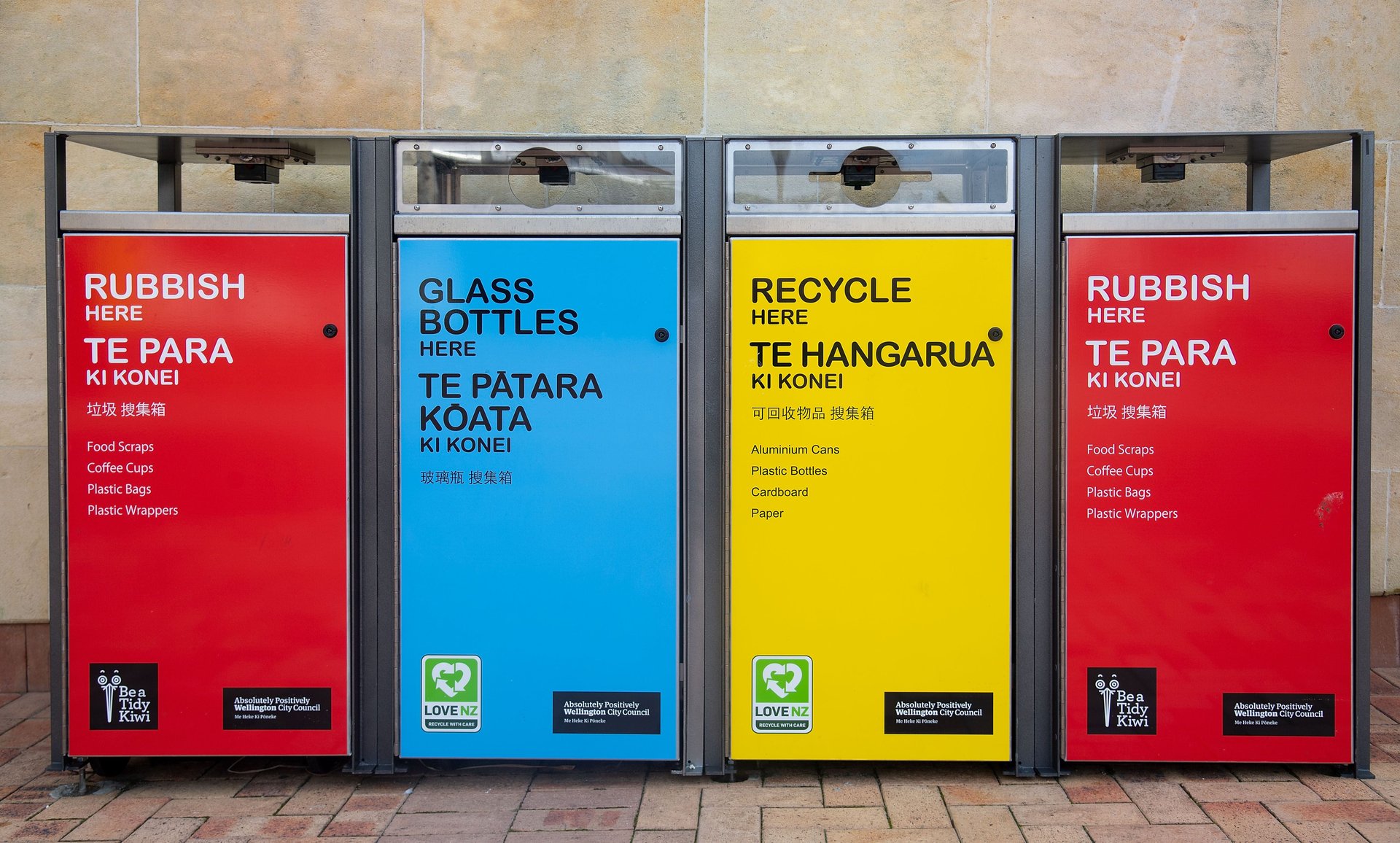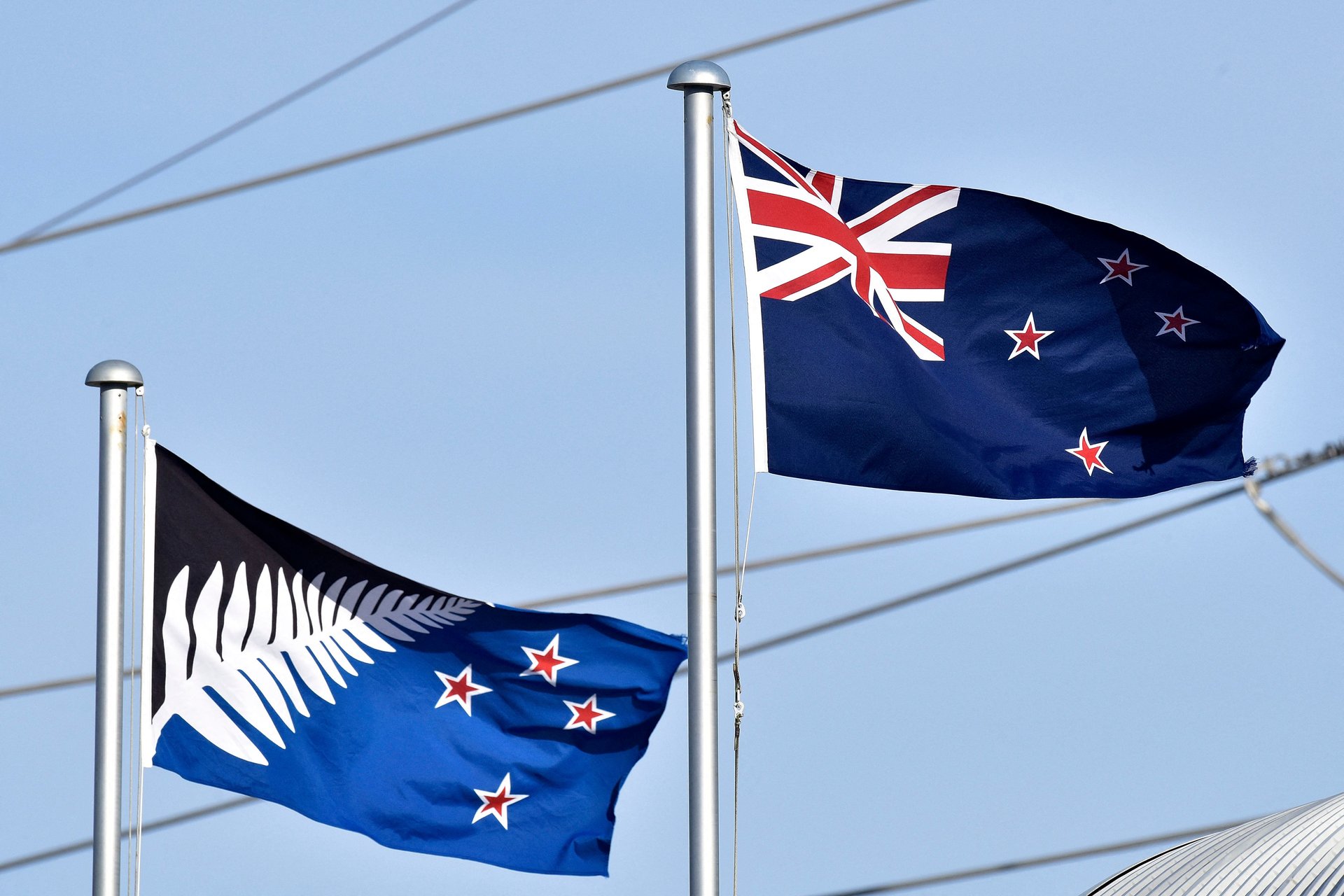A petition to change New Zealand's name is gaining ground
The Māori Party has garnered 70,000 signatures, which compels the parliament of New Zealand to formally consider the idea.

After a robust campaign, Te Pati Māori, the political party representing New Zealand’s indigenous Polynesian people, announced it has collected 70,000 signatures on a petition to change the country’s name to “Aotearoa.” That’s enough support to compel the nation’s parliament to formally consider the proposal, which was first introduced last year.
The party also called on parliament to restore the original Māori names of all towns and cities across the country by 2026.
In a recent interview with NPR, Debbie Ngarewa-Packer, co-leader of Te Pati Māori, said a rebrand would restore a sense of national identity and pride for future generations. “It will have a massive positive impact on the ability for us to reclaim not just our language, but to lift the trauma of colonization,” she said. “This is just about as much as the preservation of our culture as it is the importance of [our] wellbeing.”
How New Zealand got its name
New Zealand became a British colony in the mid-1800s, although Abel Tasman, a Dutch merchant-explorer, is credited as the first Westerner to set foot on the South Pacific island. He named it “Staten Landt” (land of the Dutch States-General) in 1642. Dutch cartographers later renamed it “Nova Zeelandia”, after Zeeland, the westernmost province of the Netherlands.
There have been attempts to re-introduce Māori language across the county in recent years. In 2018, for instance, the country’s waste management administration debuted multilingual recycling bins in select cities.
In 2020, the New Zealand Geographic Board (Ngā Pou Taunaha o Aotearoa), which is the nation’s place-naming authority, approved nearly 400 Māori names across the country. They also resolved to correct misspelled Māori place names and added diacritic marks to help people pronounce the names properly.

New Zealand’s attempts to shake off its colonial past
This isn’t the first time Kiwis have attempted to shake off vestiges of their colonial past. In 2015, the government launched a public design contest seeking alternatives to the national flag bearing the Union Jack—a standard the British imposed on their colonies and territories. After spending $17 million on the referendum, New Zealanders elected to keep the status quo.

Ngarewa-Packer is well aware of opposition to change but believes the petition will resonate with the country’s younger population. “I have a lot of hope,” she said on NPR’s All Things Considered. “We are still a young nation and we were the last of the nations across the world to be colonized. So we probably are going to go through things that we’ve seen other nations go through to reclaim themselves.”